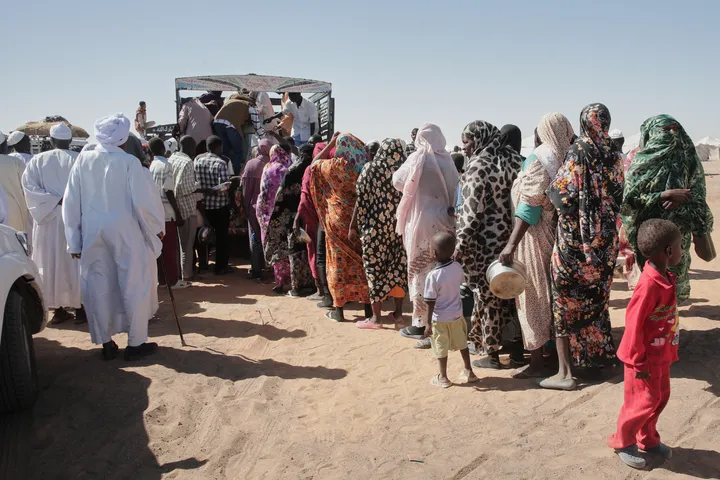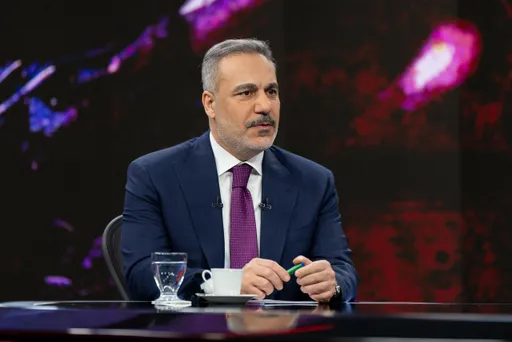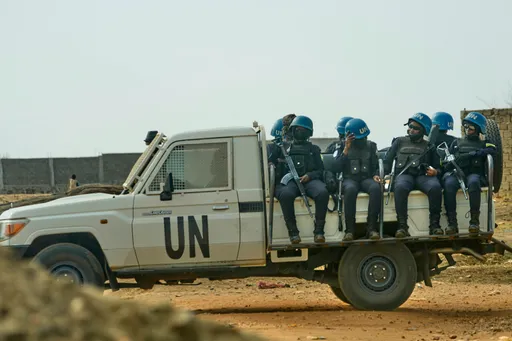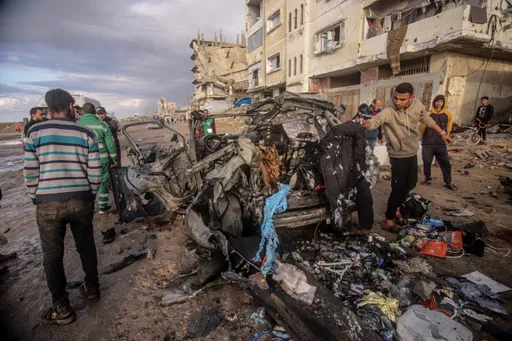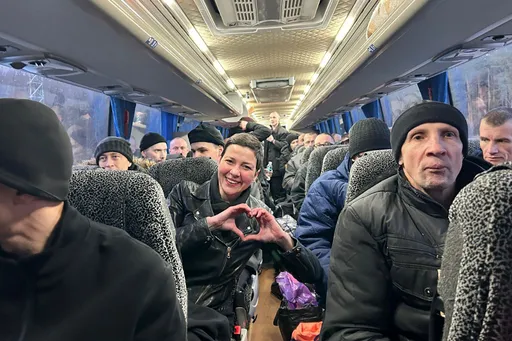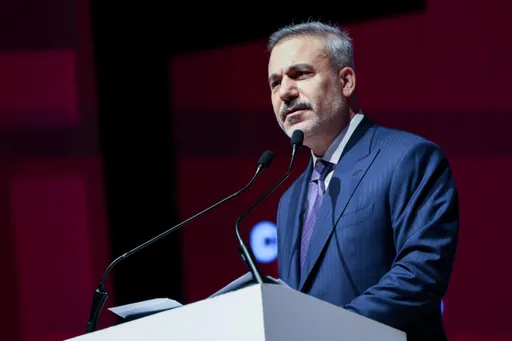One in three students experience forms of education-related violence, including corporal punishment, online bullying, sexual exploation, abuse and physical violence, Human Rights Watch warned. The human rights researchers encouraged governments to ban corporal punishment and bring measures to protect students from such forms of violence and bullying.
More than 246 million children suffer gender-based violence in or around schools each year, while half of the world’s adolescents report violence from other students, UN agencies say.
Being exposed to school-related violence “can have serious long-term consequences on children’s lives, their futures and the future of the communities where they live,” UNICEF says, adding that “students are often targeted because of who they are or where they’re from.”
The UN says the education of teachers plays a big role in creating a change towards a safe environment for all students.
Syrian children who fled war have been one of the examples behind why teachers need training in positive discipline, HRW says, adding that many teachers still use corporal punishment to control classrooms and to exert their authority.
“Syrian children said they were insulted and often banned from going to the bathroom at schools in Lebanon since the country opened classes for Syrian refugee students and the number of children in public schools has more than doubled.”
Besides Lebanon, where children are frequently beaten, children in South Africa, particularly ones with disabilities, are also exposed to verbal abuse and physical violence by their teachers.
In some countries, sexual violence against students are widespread and often remain unreported because school officials didn’t believe the cases when reported. Senegal and Tanzania are among the countries where school officials exploit girls in exchange for money, school fees or essential items. In Japan and Vietnam, in some instances, teachers allow or contribute to the abuse of LGBT students, HRW reports.
“It’s outrageous that students in many countries suffer terrible violence in school that can affect them for the rest of their lives,” said Elin Martinez, senior children’s rights researcher at Human Rights Watch. “Grave abuses like sexual and physical violence seriously affect students’ dignity, their bodily autonomy, and their ability to learn and to feel safe at school.”
Government policies regarding the abuse of students is key to ensure their safety, HRW says, pointing out that in at least 67 countries, corporal punishment in schools remains lawful. However, the countries that already introduced policies in the past also should make sure rules are followed and ensure the protection of students who are likely to face abuse, human rights experts say.
“Children have a right to learn in a safe physical or online environment and should be able to trust adults who have a legal and moral duty to protect them,” Martinez said. “This key principle should guide every government’s efforts to address and ultimately eradicate the scourge of violence and bullying in schools and online spaces."



